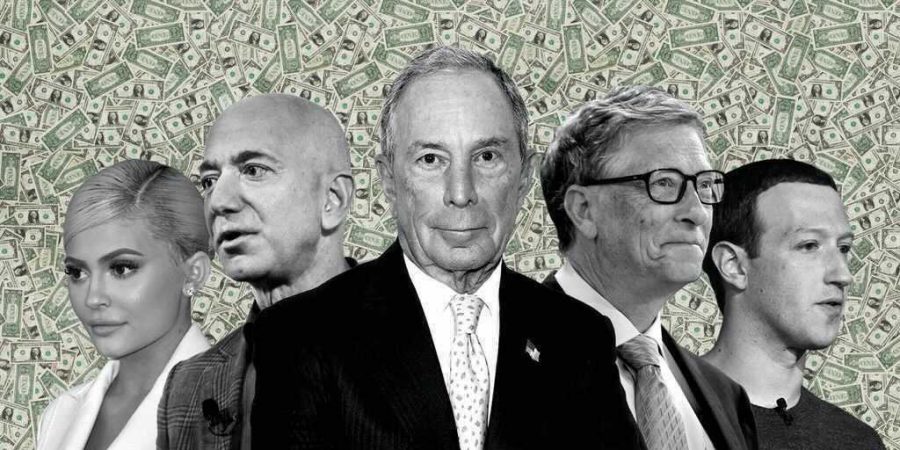Uncategorized
Redefining the Role of Billionaires in Society
In a society where the existence of billionaires is often scrutinized, it’s crucial to reevaluate their contribution beyond the scope of their immense wealth. Senator Bernie Sanders and other progressives contend that billionaires are a sign of policy failure, a sentiment echoed by some on the political right, such as Steve Bannon. However, this perspective overlooks the significant societal value billionaires often generate.
Nobel laureate economist William D. Nordhaus’s research highlights that innovators typically receive only a fraction – about 2.2% – of the social returns from technological advancements, with the majority benefiting consumers. For instance, Jeff Bezos’s Amazon has dramatically transformed retail, bringing immense consumer benefits, while Bezos himself has captured only a small portion of this value.
Billionaires’ contributions extend beyond innovation. Financial moguls on Wall Street, for example, play a key role in efficiently allocating capital, fostering lower costs, and driving innovation and productivity. This, in turn, benefits countless households and businesses.
Contrary to the belief that wealth is mainly inherited, most of the wealthiest individuals in America are self-made entrepreneurs. A significant proportion of the top 1% of wealthy American families are business owners, with their assets forming a substantial part of their net worth. Research indicates that many of the richest Americans are self-made and did not come from wealthy backgrounds.
The success of America’s democratic capitalism lies in its ability to accept market outcomes as reflections of effort, risk tolerance, and skill. Productivity is a primary determinant of worker compensation, and the system, despite its imperfections, largely works.
Rather than focusing on tearing down billionaires, efforts should be directed towards creating opportunities for the less privileged. With numerous educational institutions and low structural unemployment, the US offers multiple paths to economic prosperity.
The debate over income inequality often overlooks the fact that in a market economy, income is earned rather than distributed. When considering the broader population, income inequality has either remained stable or declined over the past decade.
Criticizing billionaires sends a negative message to younger generations, potentially discouraging ambition, effort, and risk-taking. This could inadvertently increase inequality – the very issue critics of billionaires aim to address.
Moreover, the push against billionaires often comes from those in upper-income brackets, whose children are less likely to be influenced by such rhetoric due to their access to quality education. In contrast, children from lower-income families, who might be more susceptible to these messages, stand to lose the most.
Populist and nationalist treatment of billionaires, whether on the right or the left, is problematic. The rich should not be
penalized or treated as mere sources of revenue; they are integral participants in our societal and economic fabric.
Reflecting on Bloomberg’s top ten billionaires reveals a roster of self-made innovators who have revolutionized industries and changed everyday life: Bill Gates, Steve Ballmer, Jeff Bezos, Larry Page, Sergey Brin, Larry Ellison, Elon Musk, Mark Zuckerberg, Bernard Arnault, and Warren Buffett. These individuals are not emblematic of policy failures but are testament to the transformative power of innovation and entrepreneurship.
Their contributions, which have significantly improved millions of lives globally, far exceed their personal net worth. These individuals are likely to be remembered in history for their groundbreaking work, long after current political figures have faded from memory.
In encouraging future generations, it is vital to view the careers of these billionaires not as exceptions but as inspirations. Their journeys should ignite imagination and ambition, benefiting society not only through their personal success but also through the broader impacts of their innovations and efforts. This perspective on billionaires can shift the narrative from criticism to appreciation of their substantial contributions to society and the economy.













